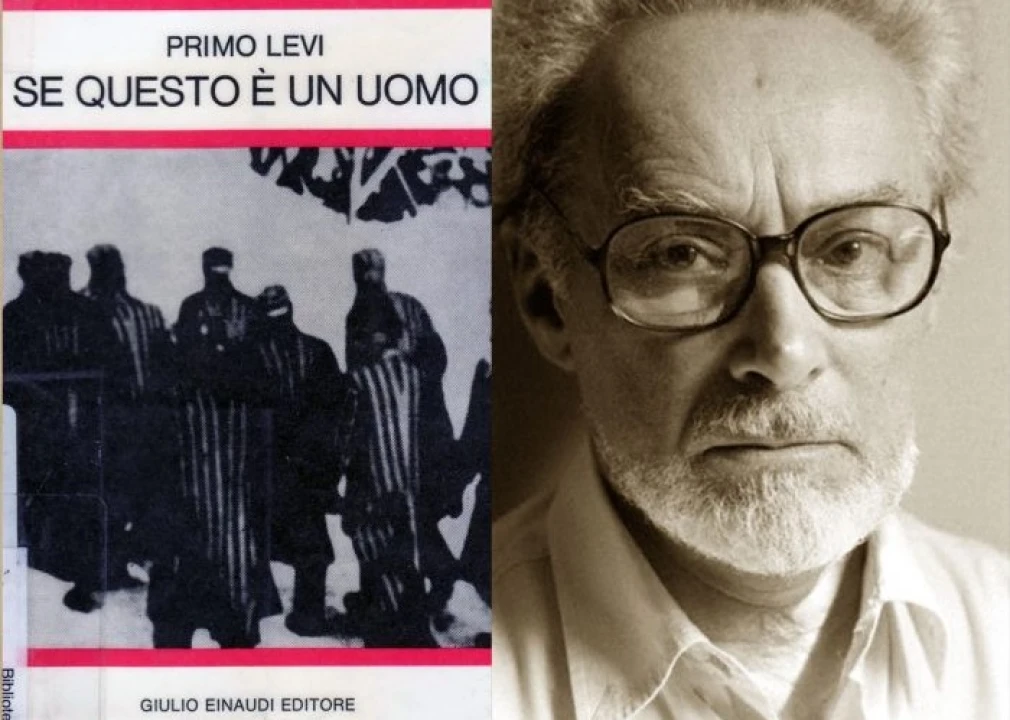The son of a progressive Jewish family, Primo's father Cesare, obtained a degree in electrical engineering in 1901. He was employed by Ganz, a manufacturing company based in Budapest. His mother, Ester, an avid reader and pianist, was born in Turin. Primo's ancestors were Piedmontese Jews who had come from Spain and Provence.
As a youngster, Levi was interested in chemistry. His higher education began in 1938 when he went to Turin University to study. In the same year, antisemitism found its way into the scientific and cultural community with the publication of the Manifesto of the Race that gradually withdrew rights from anyone Jewish. It made Levi's attempt to find a supervisor for his thesis difficult though he eventually graduated.
Days after his graduation, summa cum laude in chemistry from the University of Turin, Italian fascist laws banned Jews from studying in universities. His degree certificate was marked: "of the Jewish race," preventing him from finding a permanent job. With no posts for him to go to in 1942, he had to apply under a false name and identity to work. He found employment in Switzerland to escape race laws. In Turin, his mother and sister were hiding in the hills outside of the city.
It was after Mussolini was installed as head of the Italian Social Republic, Levi and his friends formed a resistance group but were soon arrested by the fascist militia. His choice was to be executed as an Italian partisan or confess to being a Jew. He was sent to an internment camp and then transferred to Auschwitz. Levi spent eleven months there before his camp was liberated in 1945. Of the 650 Italian Jewish prisoners, Primo was one of only 20 who survived. He used his knowledge of chemistry and German to secure a position in the camp as an assistant chemist, making himself invaluable to his captors.
Levi began his writing career in 1947, assisted by his wife, Lucia Morpurgo. He began writing poetry and stories about his experiences in Auschwitz and his journey home after his liberation. His most well-known work was If This Is a Man was an account of his time there. It was translated into English and German. His status grew with the publication of The Truce, which won him the Premio Campiello literary award.
Levi worked for the paint firm Accatti, while he continued to write. He turned to science fiction with works that included The Sixth Day. His collection of poetry The Bremen Beer Hall was published in 1975, and in the same year, The Periodic Table was shortlisted as one of the best science fiction books. In 1977, Levi retired from work in the paint factory and devoted himself full time to writing, producing a wide range of literary works, including essays, poetry, and novels.
His most critically acclaimed book, "The Periodic Table," 21 chapters named for one of the chemical elements, is an autobiographical recollection of his experiences as a Jewish-Italian doctoral-level chemist under the Fascist regime.
Levi suffered from depression in his later life. In 1987, at the age of 67, Levi fell from the landing of his third-story apartment and died shortly after; some believed it to be suicide though he left no note.



